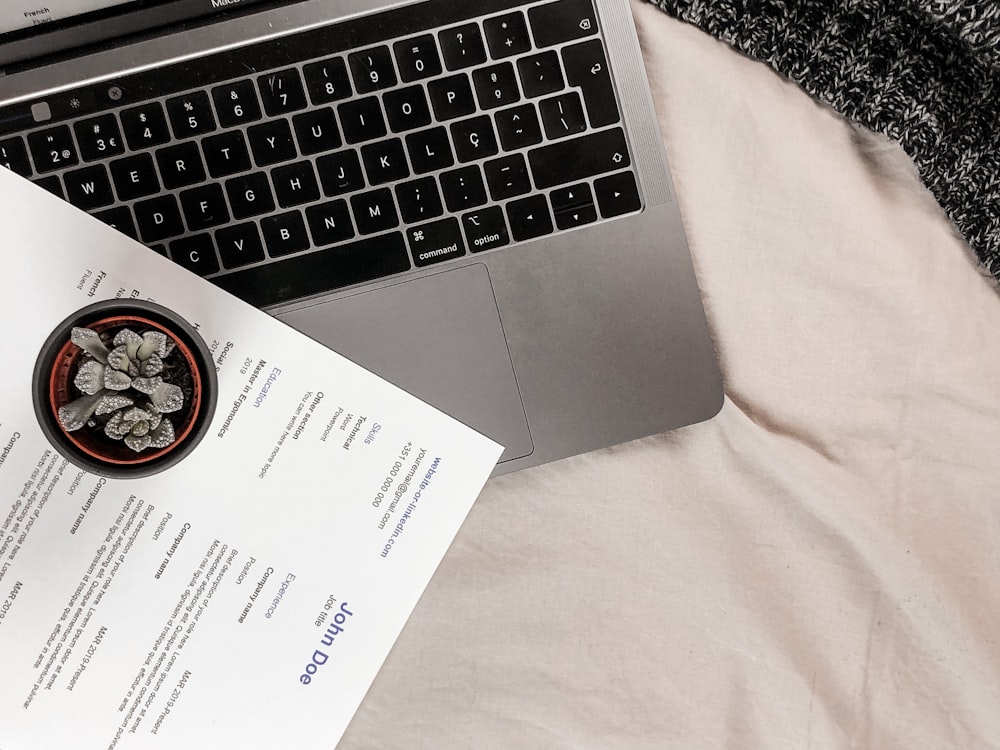Employers use resumes to learn about applicants and see if they might be a good fit. Your resume should be easy to read and summarize your skills and accomplishments. It is good to highlight relevant work experience, too. You have to design your resume. So, we’re presenting some resume writing tips.

You might need different versions of it depending on the job you are applying for. There are some tips to help you do this well. Here are 10 tips for writing a great resume.
10 Best Resume Writing Tips
So, we’ve reached the part you’re all waiting for. Here we’ll be discussing the top 10 best resume writing tips. Our very first tip is :
1. Look for keywords in the job postings
Start by reading the job postings you are interested in. You should also read the job description. It will tell you what they want in an ideal candidate. Put these words on your resume where they fit.
For example, if you want to apply for a job as a Medical Billing Coder, an employer might list keywords such as “coding” and “AR management.” If you have the skills employers are looking for, include these terms on your resume in the experience or skills sections.
Also read: How To Write an Email To HR (Template and Examples Included)
2. Review resume examples for your industry
You can look at other people’s resumes to see what you should do. They might have different things on their resume. You can study those to see what is best. Here are some of the little tips you should follow.
- Make it simple and easy to read.
- Make it brief.
- Include numbers.
3. Use a professional font
When you make a resume, it should be easy to read. Write with a clean font like Arial or Times New Roman, and use a size 10-12 points. That will make your resume look more professional.
It is important to get rid of any blank space. The more space, the less likely it is the person reading your resume will have enough information. By reducing the white space, you can make it easier for them to read. You can do this by increasing your font size and adding a section called “Skills” or “Awards and Achievements” to help with that too.
4. Include only the most relevant information
When you are looking for a job, but the most important information is at the top of your resume. This is so that it will be read first by those who are hiring. Put those things that are most important higher on your resume and put less important things lower or off to the side.
It is a good idea to keep your resume short. Hiring managers will spend a lot of time reading it if you do. They might not find the information they need in the long one. The information should be from 10 years ago or less and from important achievements, not from things that are not important, such as jobs that were only for six months.
5. Use active language
Your resume should be written using strong words. This means using power words such as “achieved,” “earned,” “completed” or “accomplished.” If your resume is too long or hard to read, you should make sentences shorter and ideas more concise.
6. Call attention to important achievements
Instead of listing your job duties, you should write the important achievements that you have done. If you can, then put a number there too.
You should include a separate section in your resume called “Achievements” or “Skills”. This is where you can highlight any relevant achievements. You can write about what you did and how it helped you reach your goals.
7. Only include subheadings and sections you need
Whether you are using a resume template or creating your own, you might find that there are some sections that do not apply to you. You can put a summary on your resume. It is not good if you include an objective and a work history, but it is okay if you do not have any work experience. If you don’t have any work experience, then list the courses and schoolwork that you did instead of your work history.
8. Choose appropriate margins
You should use one-inch margins on your resume. You can put single spaces between the lines, or you can space them out by an inch and a half or two inches. This will give you more room to write on your resume. Make sure that your margins stay below two inches so that the information is easier to read.
9. Proofread and edit
Before sending your resume, make sure there are no spelling mistakes or grammar errors. It is good to have someone you trust to look at it too. Someone who is not you will find mistakes that you might not see.
10. Decide whether you need a unique resume for different jobs
Before you submit an application, ask yourself if the job requires something special. If so, make sure that you have a resume to show them all of your qualifications. You should decide which one to use on a case-by-case basis.
A resume is important. It should have the most important information. Carefully proofread and fix mistakes. A good resume will help you get more interviews and jobs.
Conclusion
Whether you’re looking for a job, or need to update your resume after making changes in your professional life. Here we’ve provided the top 10 tips that will make sure your resume is on point and ready to be sent out into the world! What’s one thing you always do when writing up a new resume? Let us know in the comments below!




0 Comments